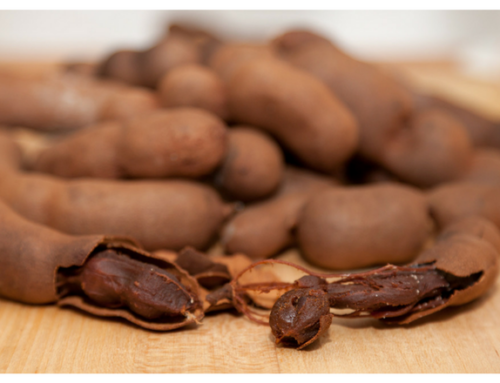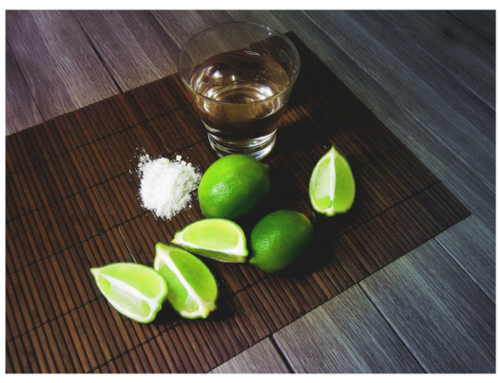Trailblazer. Taco King. Joker. Genius. Chef Aarón Sánchez, host of the Emmy-nominated Taco Trip, part owner of two Johnny Sánchez restaurants, and arguably the most recognizable face on Food Network’s Chopped, has been called a lot of things.
But before the fame, awards, and accolades, Sánchez was called something else: mijo, by his mom, legendary TV host, cookbook author, and restaurateur Zarela Martinez, whom he credits with paving the way for today’s Latina chefs.
“I’d be lying to you if I said that when I started doing this 20 years ago there were a lot of women chefs. Even more seldom were Latina chefs.”
“But,” he adds, “my mom didn’t complain, and if my mom complained about opportunity and unfair treatment, we wouldn’t be where we are today.”
Discovered by Chef Paul Prudhome in a New Orleans cooking class in 1979, Martinez’s work at renowned NYC restaurants Café Marimba and Zarela is credited with introducing regional Mexican cuisine to New Yorkers. It was in his mother’s kitchens that Sánchez cut his culinary teeth. It’s also where he gained a profound respect for Latina chefs.[pagebreak]
“The ladies are working on the hot line, working their asses off, sweating just like the boys, and they hold their own. In fact, a lot of times, they’re quicker than the men.”
Sánchez points out that women – “not all of them, but some” – have characteristics that make them better equipped to deal with the difficulties inherent in working restaurant kitchens.
“Women are just used to handling more stuff, more challenges, all at once,” he says. “They have a lot more composure.”
As to the increasing number of professional female chefs, Sánchez offers two explanations: First, “opportunities for Latinas in the kitchen have grown exponentially because of access and the role models that paved the way, like my mom;” and second, because the “chefs doing the hiring at restaurants think, ‘Oh you’re of Latin decent, cool. I can trust that you’re going to work hard and be honest and come to work every day.’ It’s some stereotyping, I guess, but it’s also almost always true.”
For Sánchez, what’s also always true is the need for respect. “That’s key,” he says, “and it also goes along with being Latino. We’re proud people and we have to command respect and be respectful of each other, too. Both women and men.”
To future Latina chefs, his advice is simple: “No excuses. Just go for it.”
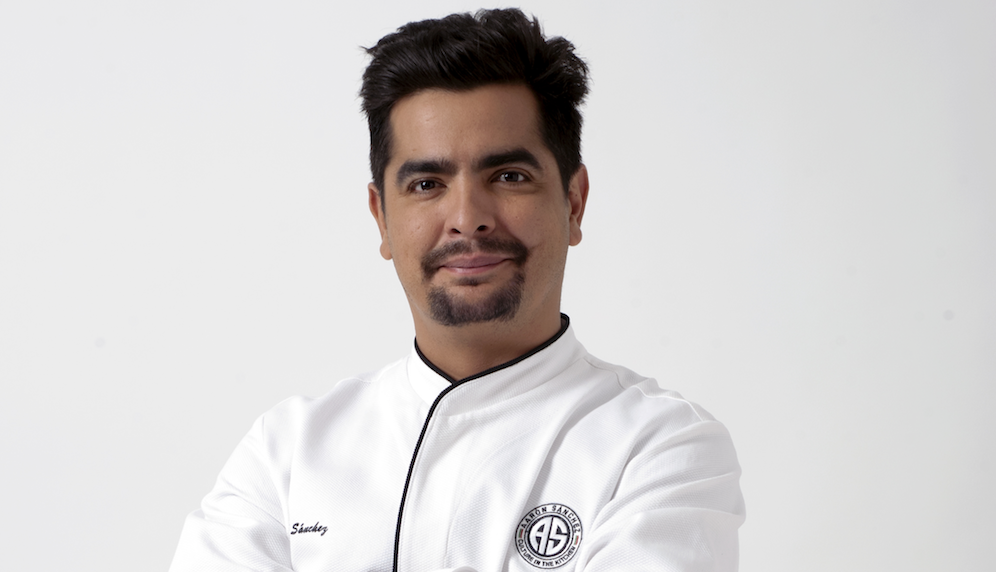


![Making Mealtime Matter with La Familia: Easy Sofrito [Video]](https://thelatinkitchen.com/wp-content/uploads/2015/10/sofrito-shutterstock__0-500x383.jpg)
![Easy Latin Smoothies: Goji Berry Smoothie [Video]](https://thelatinkitchen.com/wp-content/uploads/2015/12/goji_berry-shutterstock_-500x383.jpg)





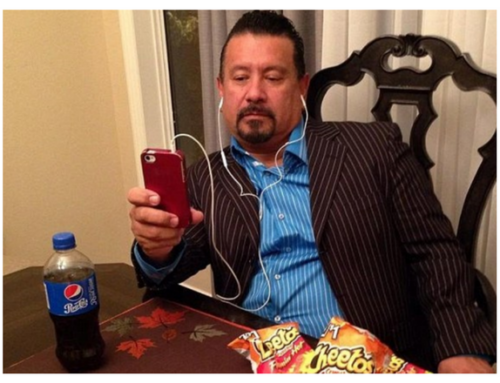
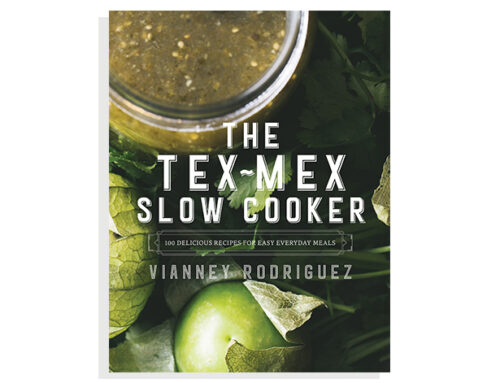
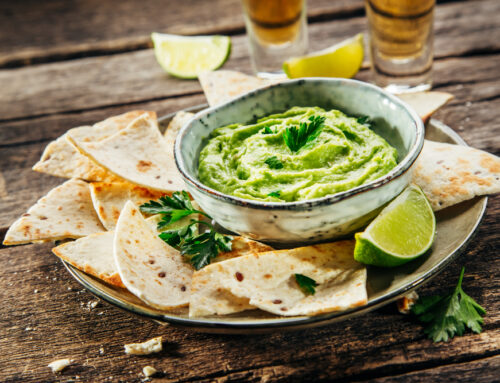

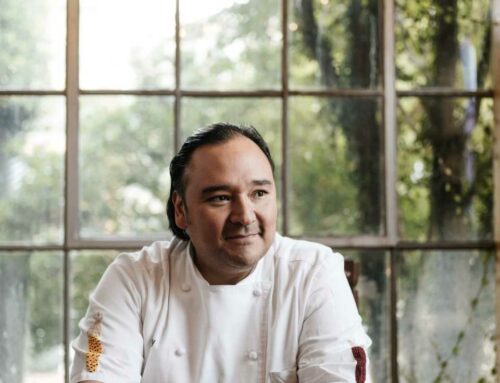

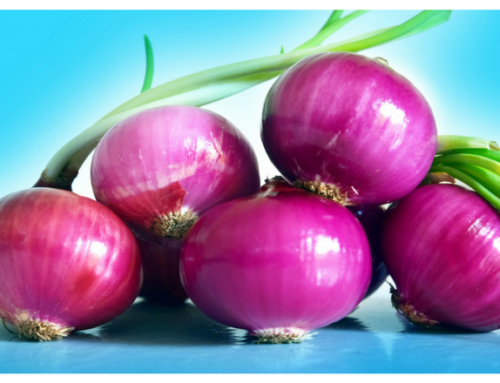




![Fun and Fast Recipes: Fiesta Cabbage Salad [Video]](https://thelatinkitchen.com/wp-content/uploads/2015/11/fiesta_cabbage_slaw-shutterstock_-500x383.jpg)


